La beauté prend du temps - En cuisine : L'élixir nourrissant du bouillon d'os
Pourquoi le bouillon d'os cuit lentement est-il meilleur que les suppléments de collagène isolé ?
Dans le monde de la santé et du bien-être, l'engouement pour les compléments de collagène ne cesse de croître ces dernières années. Présentées comme une solution miracle pour une peau jeune, des articulations fortes et des cheveux sains, ces poudres et capsules de collagène isolé promettent un moyen simple d'augmenter les niveaux de collagène dans l'organisme. Cependant, fervent défenseur de la cuisine traditionnelle et d'une alimentation complète, je suis convaincu que le bouillon d'os mijoté offre une alternative supérieure, allant au-delà d'une simple supplémentation. Examinons la science pour comprendre pourquoi la pratique ancestrale du mijotage des os offre des bienfaits que les compléments de collagène isolé ne peuvent tout simplement pas égaler.

La magie du bouillon d'os réside non seulement dans sa richesse en collagène, mais aussi dans la matrice complexe de nutriments et de composés naturellement présents dans les os et les tissus conjonctifs. Lorsqu'ils mijotent longtemps, les os libèrent du collagène, de la gélatine, des acides aminés, des minéraux et d'autres substances bioactives qui agissent en synergie pour favoriser de multiples aspects de notre santé.
Des études ont montré que le bouillon d'os est une source importante de collagène, mais qu'il contient également d'autres protéines, comme la gélatine, essentielles à la santé des articulations et à la réparation des tissus. Il a été démontré que la gélatine contenue dans le bouillon d'os contribue à réduire l'inflammation, à faciliter la digestion et à favoriser la santé intestinale en contribuant à la réparation de la paroi intestinale. De plus, la présence de minéraux comme le calcium, le magnésium et le phosphore dans le bouillon d'os améliore son profil nutritionnel et contribue à la santé osseuse globale.
De plus, la cuisson lente du bouillon d'os permet d'extraire une plus grande variété de nutriments et de composés que les suppléments de collagène isolé. Ce mijotage doux des os à feu doux permet la libération non seulement de collagène, mais aussi de diverses autres substances bioactives bénéfiques pour l'organisme. Parmi celles-ci figurent les glycosaminoglycanes, le sulfate de chondroïtine et l'acide hyaluronique, tous essentiels au maintien de la santé des articulations, de l'élasticité de la peau et des tissus conjonctifs.
En revanche, les suppléments de collagène isolés peuvent offrir une dose concentrée de collagène, mais ils ne possèdent pas la diversité des nutriments et composés présents dans le bouillon d'os. Sans l'action harmonieuse de ces substances complémentaires, les bienfaits d'une supplémentation en collagène peuvent être limités par rapport à l'apport nutritionnel global du bouillon d'os.
En conclusion, si les compléments de collagène isolé constituent une option pratique pour stimuler l'apport en collagène, ils ne peuvent pas reproduire les multiples bienfaits du bouillon d'os mijoté. En adoptant cette pratique traditionnelle, nous nourrissons non seulement notre corps d'une riche palette de nutriments, mais nous honorons également la sagesse de nos ancêtres, qui reconnaissaient le pouvoir curatif des aliments complets.
Alors, la prochaine fois que vous siroterez une tasse chaude de bouillon d’os fait maison, rappelez-vous que vous n’ingérez pas seulement du collagène – vous absorbez une symphonie de nutriments qui fonctionnent en harmonie pour soutenir votre santé et votre bien-être de l’intérieur.
Références :
1. Choi, FD, et al. (2019). Supplémentation orale en collagène : une revue systématique des applications dermatologiques. Journal of Drugs in Dermatology, 18(1), 9-16.
2. Carpenter, L. (2019). Les bienfaits du collagène alimentaire pour la santé osseuse. Perspectives nutritionnelles : Journal of the Council on Nutrition, 42(3), 29-34.
3. Ehrlich, SD (2021). Bouillon d'os : bienfaits pour la santé et comment le préparer. Centre médical de l'Université du Maryland. Consulté sur https://www.umms.org/umgmc.
4. König, D., et al. (2018). L'apport en collagène hydrolysé augmente l'expression du collagène cutané et supprime l'activité de la métalloprotéinase matricielle 2. Journal of Medical Food, 20(1), 25-31.
Avertissement : Les informations fournies dans cet article sont fournies à titre éducatif et informatif uniquement. Elles ne constituent pas un avis médical et ne se substituent pas à une consultation, un diagnostic ou un traitement médical professionnel. Pour toute question concernant un problème de santé, demandez toujours conseil à votre médecin ou à un autre professionnel de santé qualifié. Ne négligez jamais un avis médical professionnel et ne tardez jamais à le consulter en raison d'un élément lu dans cet article. L'auteur n'est pas un professionnel de santé et ne fournit pas de conseils médicaux. Vous vous fiez entièrement aux informations fournies dans cet article à vos propres risques.






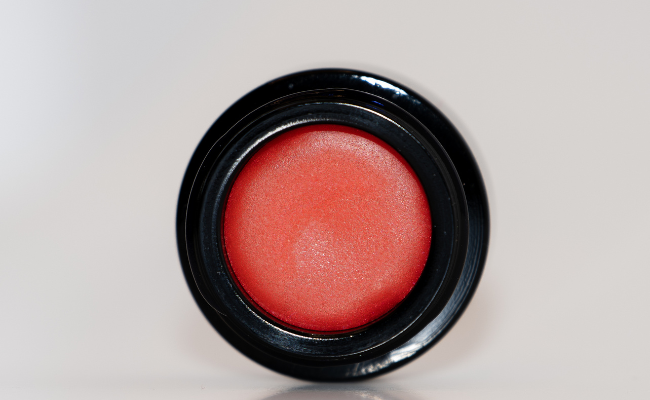


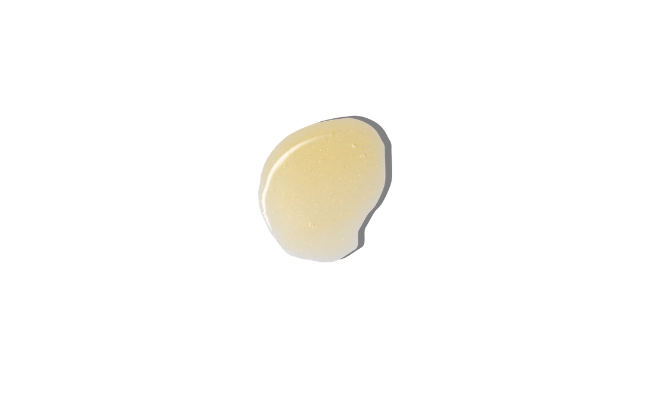
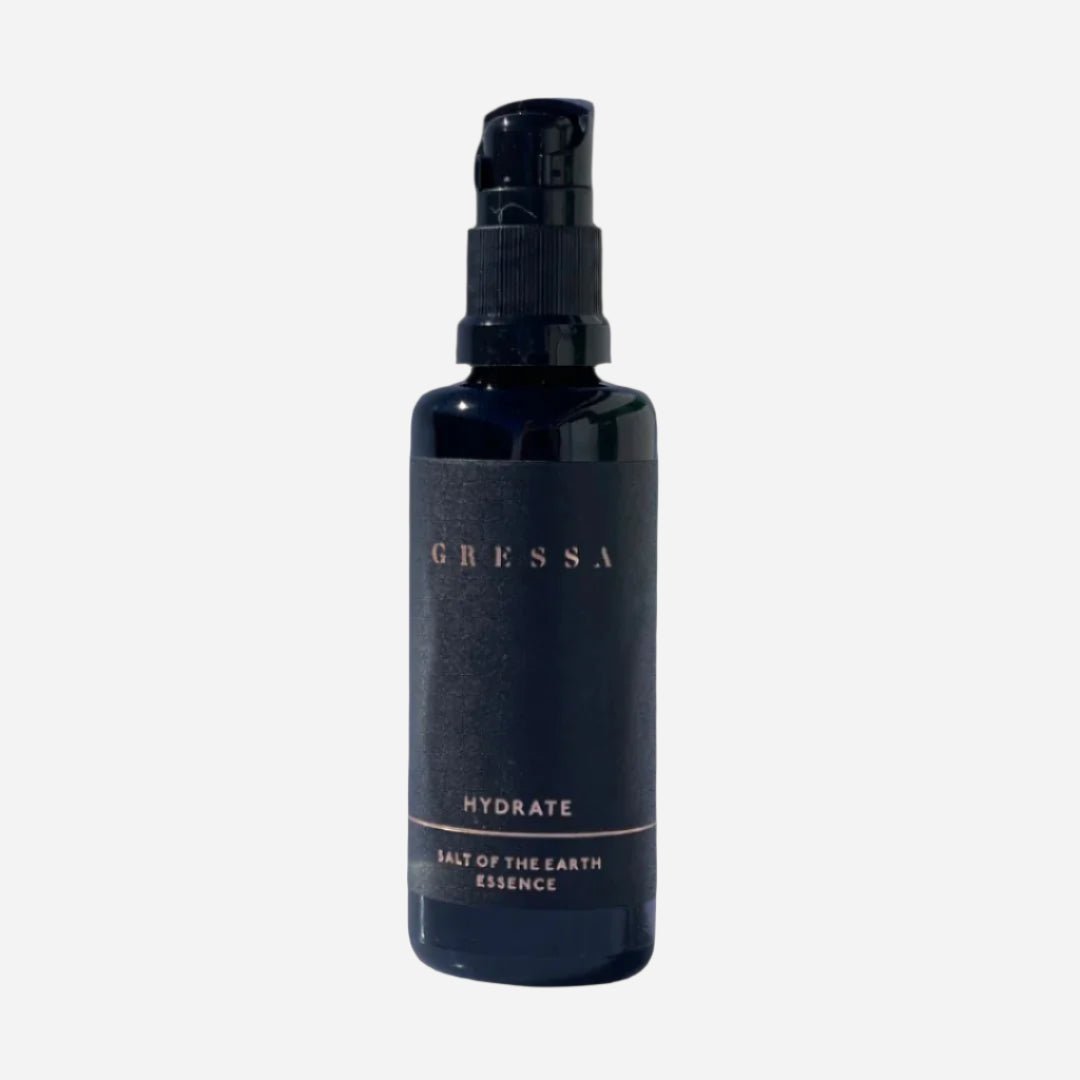
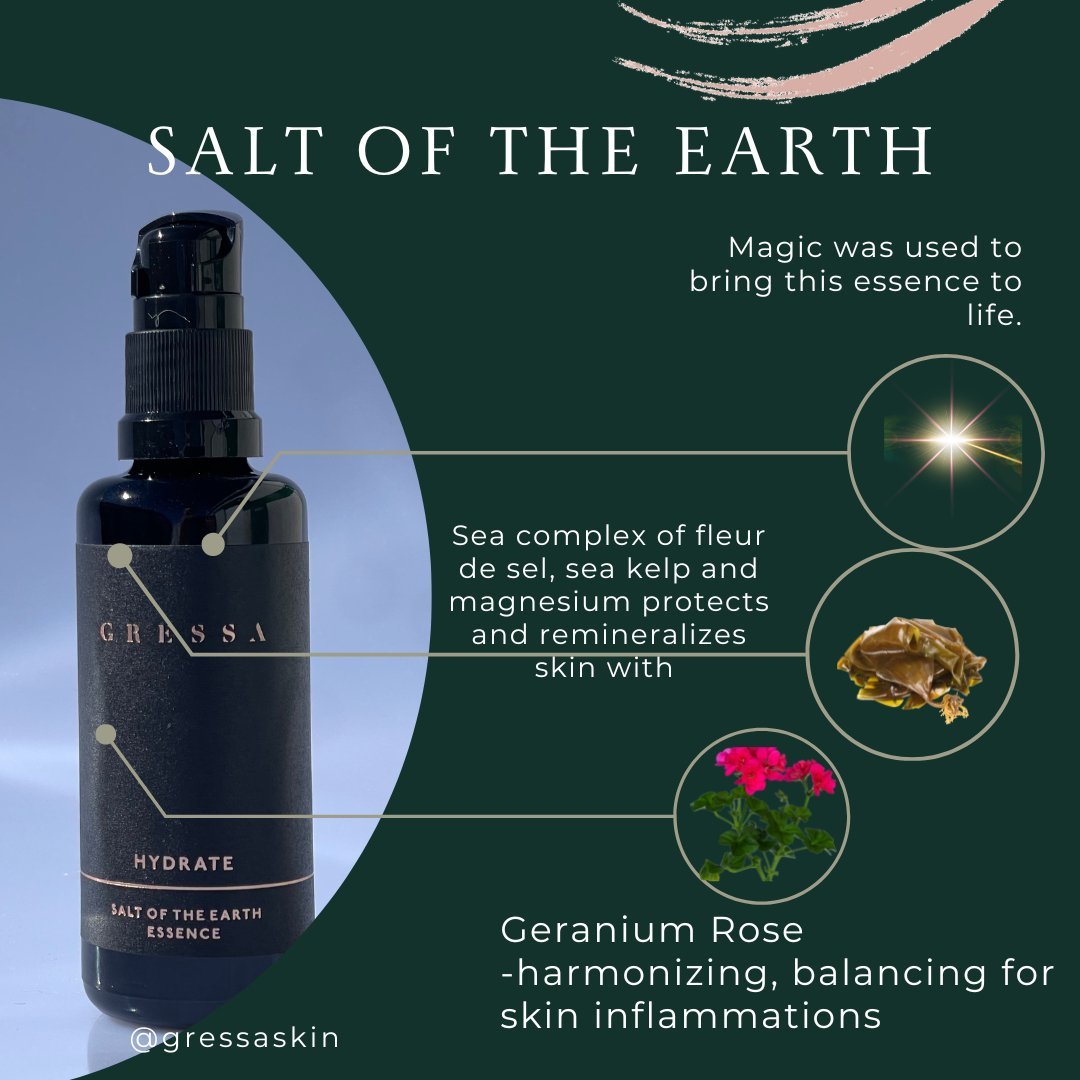
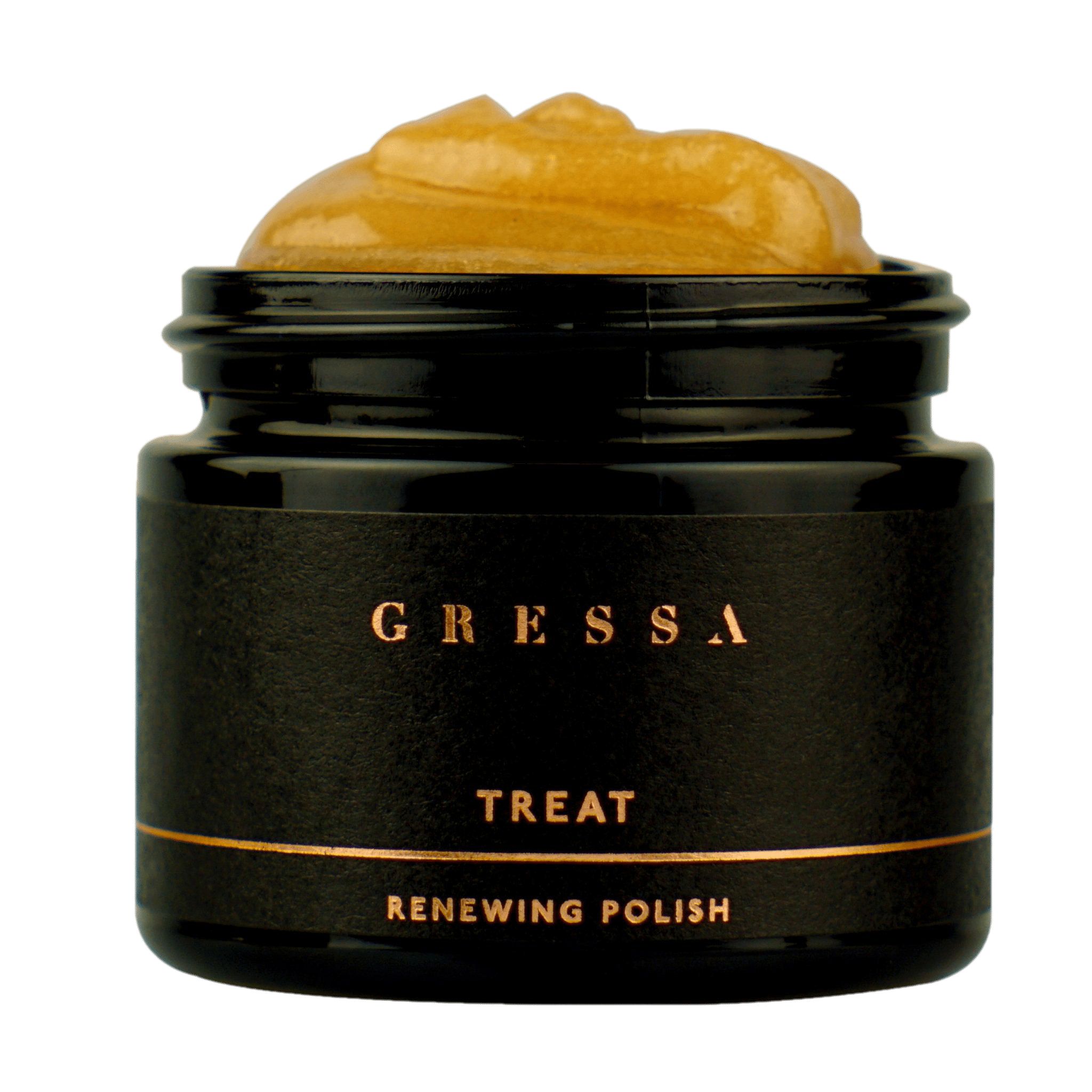
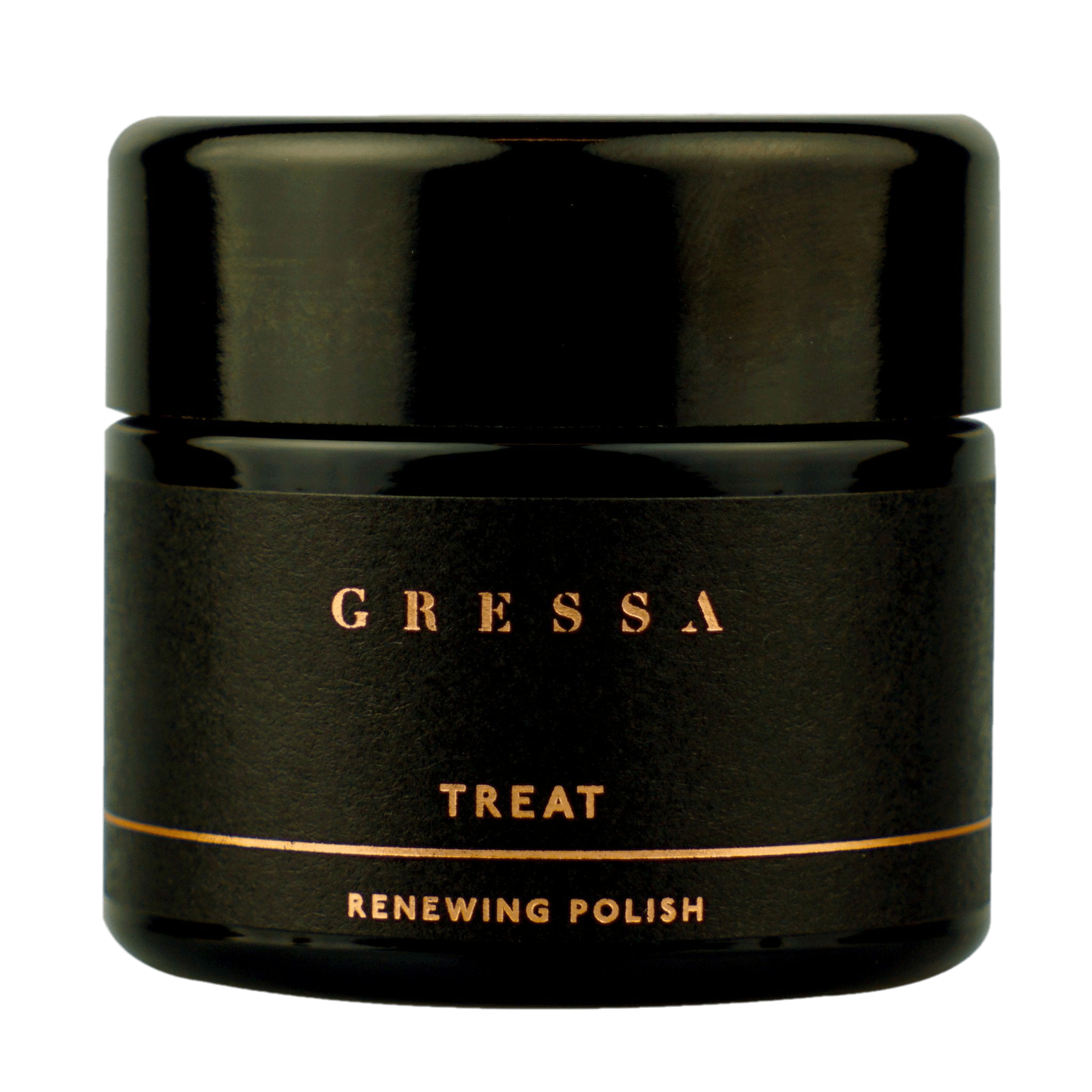
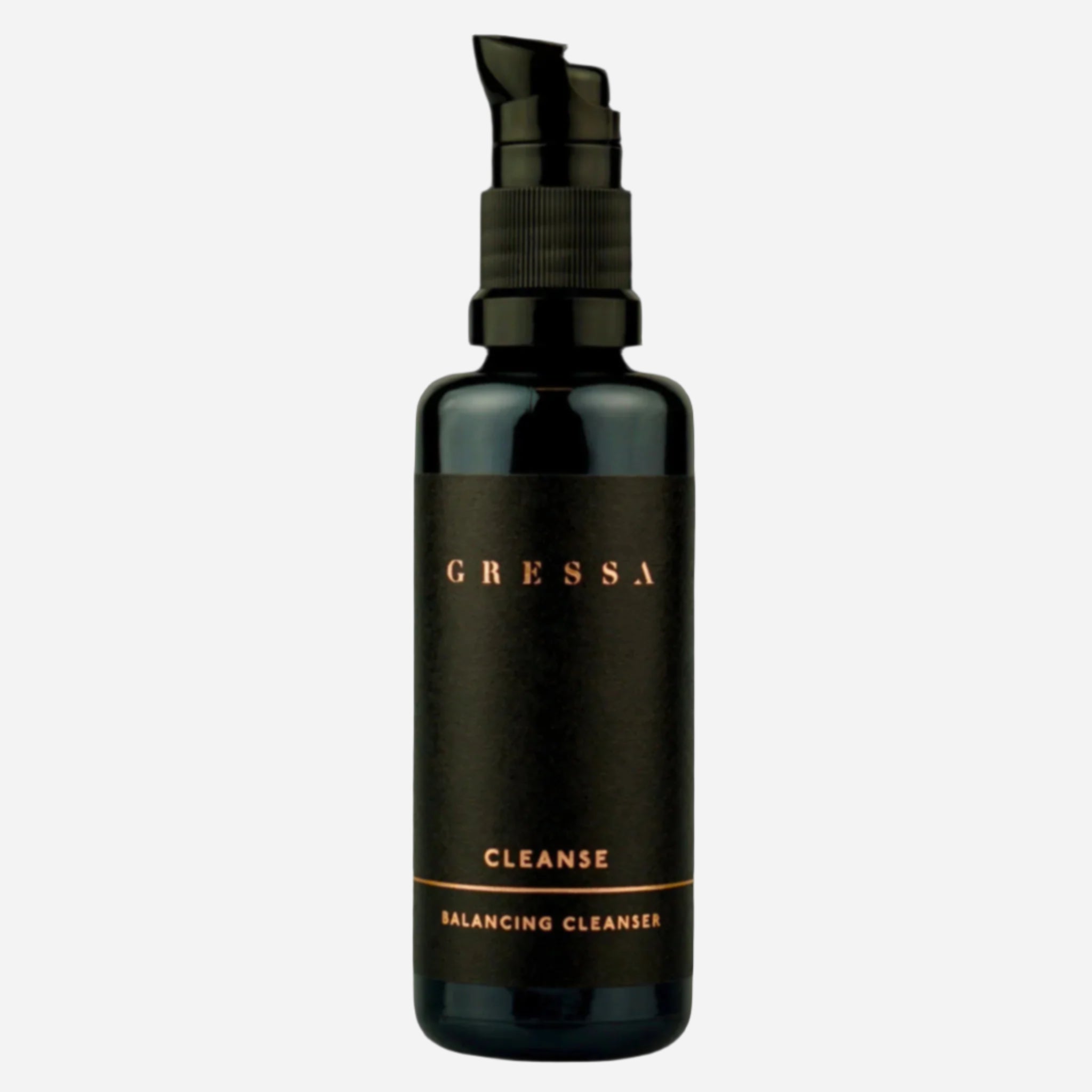

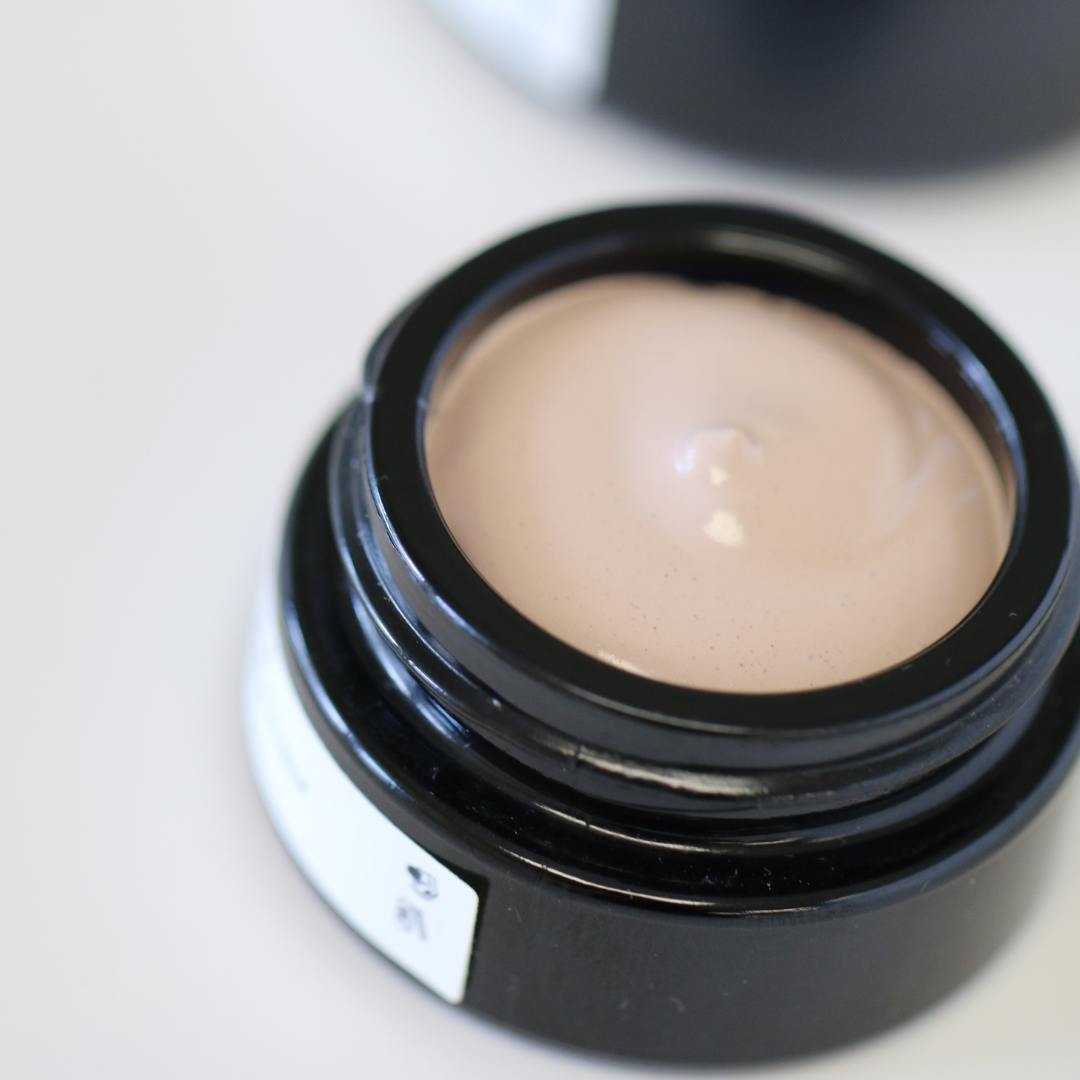


Laisser un commentaire
Ce site est protégé par hCaptcha, et la Politique de confidentialité et les Conditions de service de hCaptcha s’appliquent.